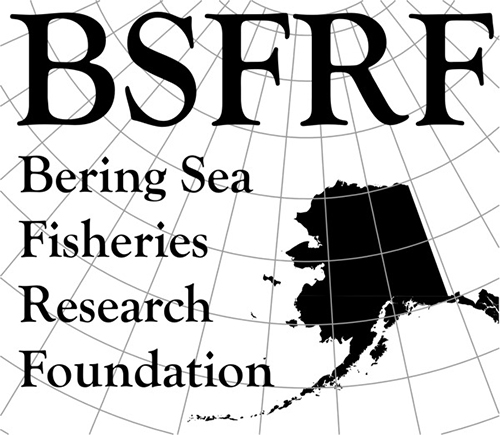 Two research scientists with extensive backgrounds in crab fisheries said in January that they’re bent on unlocking new information in the coming months to help better track the future for Alaska king crab and snow crab fisheries currently foundering in a multi-million-dollar collapse.
Two research scientists with extensive backgrounds in crab fisheries said in January that they’re bent on unlocking new information in the coming months to help better track the future for Alaska king crab and snow crab fisheries currently foundering in a multi-million-dollar collapse.
Research plans for 2023 call for a range of activities from satellite tagging at density centers to pot lifts and more collaboration with the crab industry, said Scott Goodman, executive director of the Bering Sea Fisheries Research Foundation (BSFRF), and president of Natural Resources Consultants in Seattle.
The volatile Bering Sea crab fisheries, with a history of highs and lows, are currently for the most part in collapse.
They peaked with a 130-million-pound red king crab harvest in 1980, then closed in 1983 with stocks plummetting. They suffered repeated closures in 1994-95 and again now for the second year in a row are closed, said professor emeritus Gordon Kruse of the University of Alaska College of Fisheries and Ocean Sciences in Fairbanks.
Goodman and Kruse were keynote speakers at the 2023 Alaska Marine Science Symposium in Anchorage on Jan. 23, offering a history of the crab industry in Alaska, recent stock collapse and prospects for recovery.
The combined economic impact of the current closure of the Bering Sea red king crab and snow crab fisheries is expected to exceed $1 billion in losses to harvesters, processors, coastal communities and more, Goodman said.
The BSFRF’s objective at this point is to update its research priorities, find new supporters and collaborate with industry, he said. Goodman also serves as an advisor to the Aleutians King Crab Research Foundation, is a member of the executive committee for the Alaska Ocean Acidification Network and the Climate Change Taskforce for the North Pacific Fishery Management Council (NPFMC) and the Certified Seafood Cooperative Fishery Management Council.
BSFRF, now in its 20th year, performs about $1 million in research annually.
Goodman also thanked Sen. Lisa Murkowski, R-Alaska, for recently securing $2.75 million in federal funds for additional research to help plot a future for crab fisheries facing multiple challenges ranging from rising ocean temperatures to ocean pollution and adverse impacts of other commercial fisheries.
For decades, state and federal fisheries managers have been faced with challenges ranging from handling mortality and incidental catch of crab by groundfish trawl harvesters to the adverse impact to crab habitats of trawl nets dragged over the bottom of the ocean.
Kruse noted that in past decades while on the Alaska Department of Fish & Game staff, he worked with the NPFMC on handling mortality, prohibited species caps, the Red King Crab Savings Area and management of nearshore Bristol Bay trawl closures to protect juvenile crab.
Kruse is currently a science advisor to the North Pacific Research Board, BSFRF and the Exxon Valdez Oil Spill Trustee Council, and also has received several awards honoring his research.
While some management steps seemed like probable solutions for some of the issues, he said more research is needed to figure out how to compensate for other changes in the environment, including the puzzling disappearance of 10 billion snow crab from the eastern Bering Sea between 2018 and 2021.
The collapse, he said, occurred just three years after snow crab abundance reached historical highs.
Upcoming research is also expected to look at other issues, including incidental harvests in fisheries directed to other species, changes in habitat and predation by other species.
